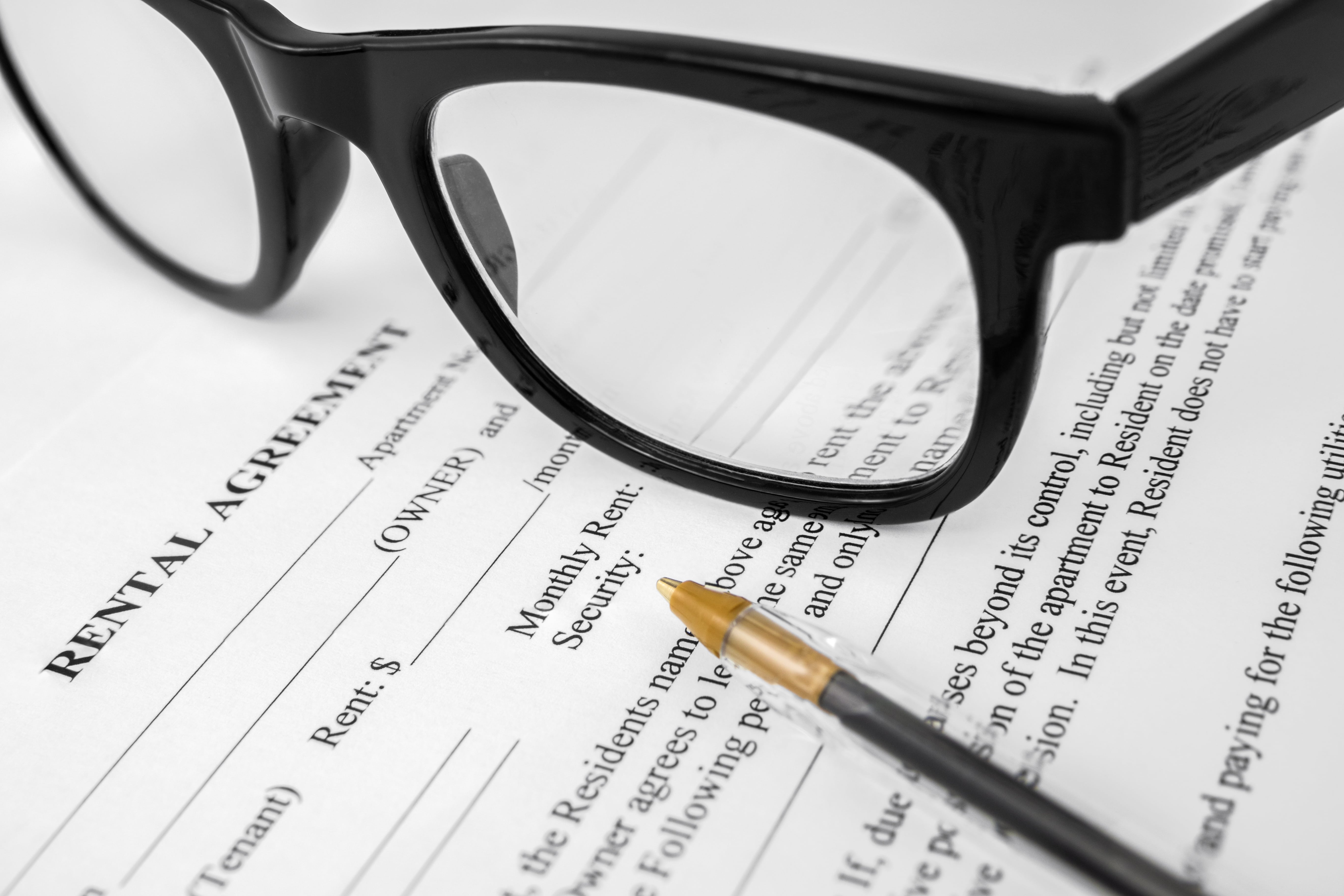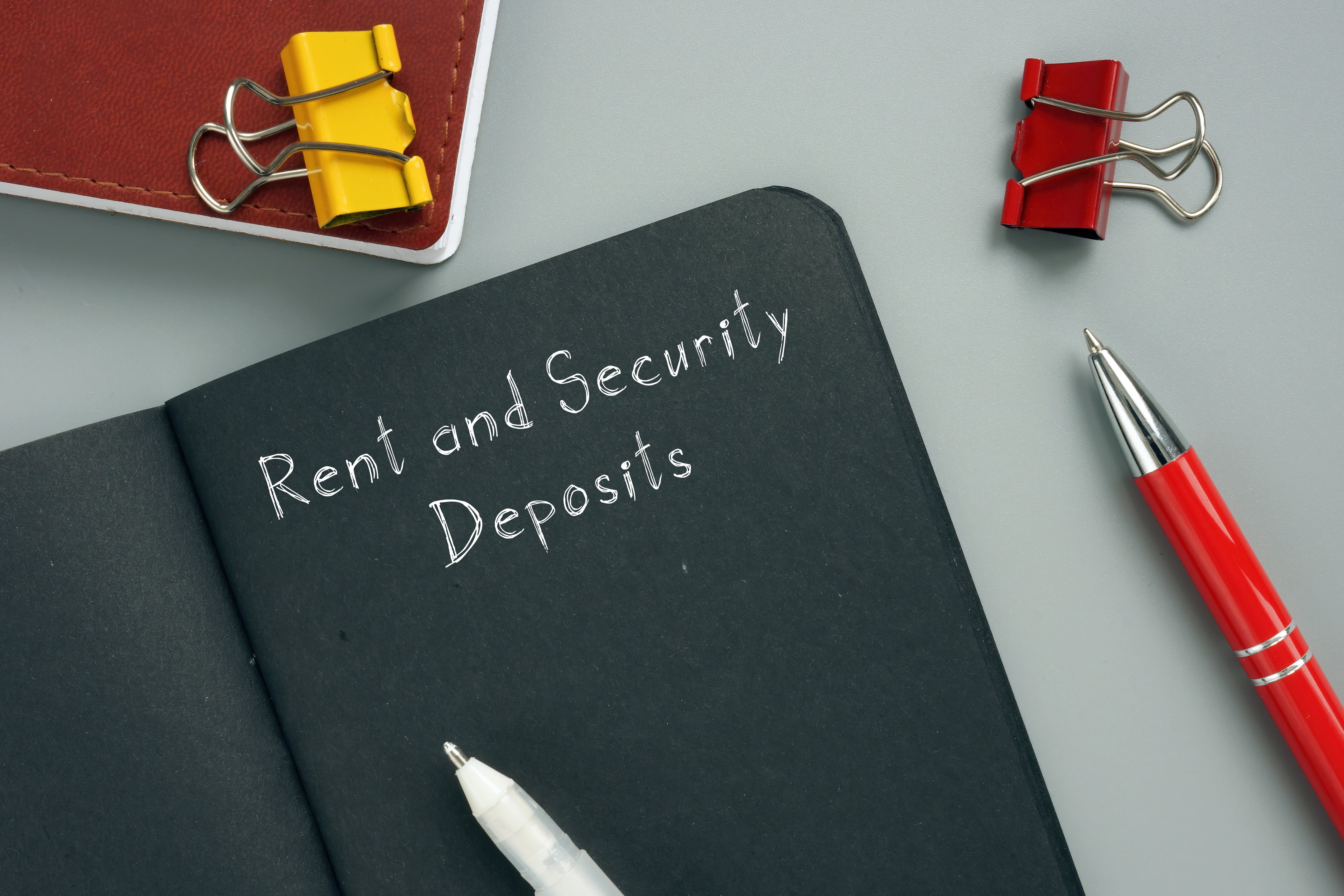Understanding Security Deposits in Florida
Security deposits are a common financial requirement when renting property in Florida. Collected before moving in, this deposit protects landlords against damages, unpaid rent, or breaches of the lease.
This guide outlines your rights and obligations to help avoid potential disputes.
What is a Security Deposit?
A security deposit is an amount paid by the tenant and held by the landlord throughout the lease term. It covers damages beyond normal wear and tear, unpaid rent, or other lease violations.
In Florida, deposits usually range from one to two months' rent, which can vary based on the agreement.

Florida Security Deposit Laws
Florida has specific regulations for how landlords must handle security deposits, ensuring protection for both parties. Key points include:
- Collection and Storage: Landlords must keep the deposit in a separate account, either non-interest-bearing, interest-bearing, or secured by a surety bond. Tenants should be notified in writing within 30 days about the type of account.
- Returning the Deposit: Landlords must return the deposit within 15 days if no deductions are necessary. If deductions apply, an itemized list must be sent within 30 days. Tenants can dispute these deductions.
- Allowable Deductions: Deductions may cover unpaid rent, damages beyond normal wear and tear, or lease violations. Routine wear, such as minor scuffs, cannot be deducted.
- Resolving Disputes: If disputes arise, both parties should try to resolve the issue amicably. If unresolved, small claims court is an option.

How Can Tenants Ensure Their Deposit is Returned?
Tenants can take the following steps to safeguard their security deposit:
- Document the Property’s Condition: Before moving in, take photos or videos of the rental property, especially any existing damage. This serves as evidence if disputes arise.
- Meet Lease Obligations: Ensure timely rent payments and maintain the property. Address maintenance issues to prevent deposit deductions.
- Request a Pre-Move-Out Inspection: Some landlords offer pre-move-out inspections to identify any necessary repairs or cleaning tasks before vacating.
- Provide Proper Notice: Follow the notice requirements in your lease to avoid penalties or withheld deposits.
- Leave the Property in Good Condition: Thoroughly clean and restore the property to its original condition, apart from normal wear and tear. Don’t forget to return all keys.

What Happens If a Landlord Fails to Return the Security Deposit?
If the landlord doesn’t return the deposit or provide a deduction notice within the required timeframe, tenants can pursue legal action in small claims court.
It is important to keep all relevant documentation, including the lease, correspondence, and photos of the property’s condition.
Conclusion
Security deposits play a vital role in protecting both tenants and landlords. Tenants should document the property’s condition and fulfill lease obligations.
While landlords must follow Florida laws on how deposits are handled and returned. Clear communication and adherence to the law help ensure a smooth rental experience for all parties.
If you need further assistance with rental issues or have questions about security deposits, contact us today for expert advice!
Security Deposit FAQs
Below are common questions related to security deposits in Florida:
1. Can a landlord charge more than two months' rent for a security deposit?
Yes, Florida law does not limit the amount a landlord can charge for a security deposit, though most charge between one and two months' rent. Tenants should review their lease for details.
2. Can a landlord deduct from the security deposit for cleaning?
Only if the tenant leaves the property in a condition that requires cleaning beyond normal wear and tear. Standard cleaning tasks, like dusting or vacuuming, cannot be deducted.
3. What is considered "normal wear and tear"?
Normal wear and tear includes minor damage that occurs naturally over time, such as small scuffs on walls or carpet wear. Major damage, like large stains or wall holes, may result in deductions.
4. What should I do if my landlord withholds part of my security deposit unfairly?
If you believe the landlord is wrongfully withholding part of your deposit, communicate with them to resolve the issue. If that fails, you can file a claim in small claims court.
5. Can I use my security deposit as last month's rent?
Unless your lease explicitly allows it, tenants cannot apply their security deposit to their last month’s rent. It is meant to cover potential damages and unpaid rent after vacating.
6. Is interest paid on security deposits?
If held in an interest-bearing account, Florida law requires that tenants receive at least 75% of the annualized average interest rate earned. However, landlords are not required to use an interest-bearing account.
Disclaimer: The information provided is for general informational purposes only and does not constitute legal advice. Please consult a qualified attorney for advice specific to your situation. This information does not create an attorney-client relationship.
Blog Updated: 04/19/2025



